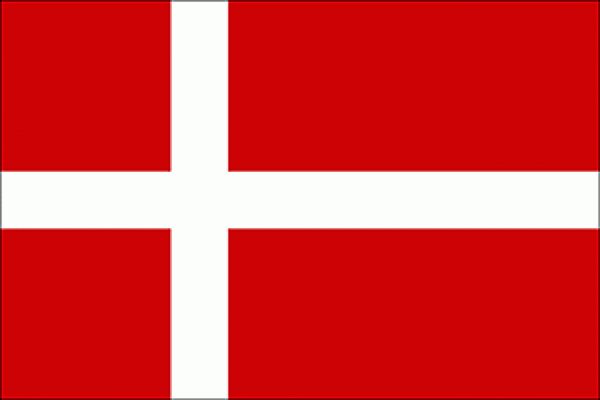Denmark is the only EU country that does not benefit from the EU's Asylum, Migration and Integration Fund (AMIF) due to its opt-out from EU Justice and Home Affairs (1992 Edinburgh Agreement: Denmark holds opt-outs from EU's policies related to citizenship, justice, policing, security, defence, and the adoption of the euro). Non-profit organisations and local authorities receive financing through the national budget and the funds of national ministries, as well as through other EU funds such as the European Social Fund Plus (ESF+).
The Danish state officially spent approximately 6 billion DKR (€800 million) on integration between 2017 and 2019. The exact amount spent on integration is difficult to gauge, as the total figure would include tasks carried out by the state, local municipalities, companies, and some larger NGOs through contracts awarded via public tenders. The Ministry of Immigration and Integration estimated that the net expenditure for migrants and descendants from non-Western countries was 27 billion DKR in 2019 (€3.6 million).
In addition, private foundations offer funding opportunities for service providers and other stakeholders to carry out projects aiming at enhancing integration, often with focus on vulnerable children and younger people. This expenditure is usually not included in official estimates.
Read more about the governance of migrant integration in Denmark.
EU funds for integration
European Social Fund Plus (ESF+) in Denmark
Details: The EU will invest EUR 120 million ESF+ funds in Denmark to promote a more inclusive labour market and skilled workforce, helping people to develop the skills and competencies needed for a just green and digital transition.
The ESF+ is meant to help Denmark achieve its 2030 social target to raise the employment rate to 80%, have 60% of all adults in training every year and reduce the number of people at risk of poverty and social exclusion by nearly 30 000.
The ESF+ in Denmark is implemented via the national programme Stronger Denmark through Education and Skills.
- National managing authority: The national managing authority for the European Social Fund (ESF) in Denmark is the Danish Ministry of Business and Growth (Erhvervsstyrelsen).
Other EU funds for integration available in Denmark
ERASMUS+, the EU’s programme to support education, training, youth and sport in Europe
National managing authority: Ministry of Higher Education and Science (Uddannelses- og Forskningsministeriet)
European Regional Development Fund (ERDF) to strengthen economic and social cohesion in the EU by correcting regional imbalances
National managing authority: Danish Business Authority (Erhvervsstyrelsen)
Fund for European Aid to the Most Deprived (FEAD), offering material assistance to the most vulnerable or in need
National managing authority: National Social Board (Social- og Boligstyrelsen)
European Agricultural Fund for Rural Development (EAFRD), supporting the development of rural economies and communities
National managing authority: Danish Agricultural Agency (Landbrugsstyrelsen)
European Maritime and Fisheries Fund (EMFF)
National managing authority: Danish Fisheries Agency (Fiskeristyrelsen); the EMFF supports coastal communities in diversifying their economies and finances projects that create jobs and improve quality of life along European coasts
Other funds
Other public funding in Denmark
State funding for integration is available from the Ministry of Immigration and Integration.
Private funding in Denmark
Filter by
Funds for migrant integration in Denmark (6)
RSS

Rapid Response Fund launches new call for proposals

Denmark: funding for civil society efforts strengthening links between refugees and volunteers

Denmark: Funding deadline for projects on "faith across religions in schools" June 2nd

Denmark: New funds for efforts targeting traumatized refugee families

Denmark: Service contract - Adult and other education services

